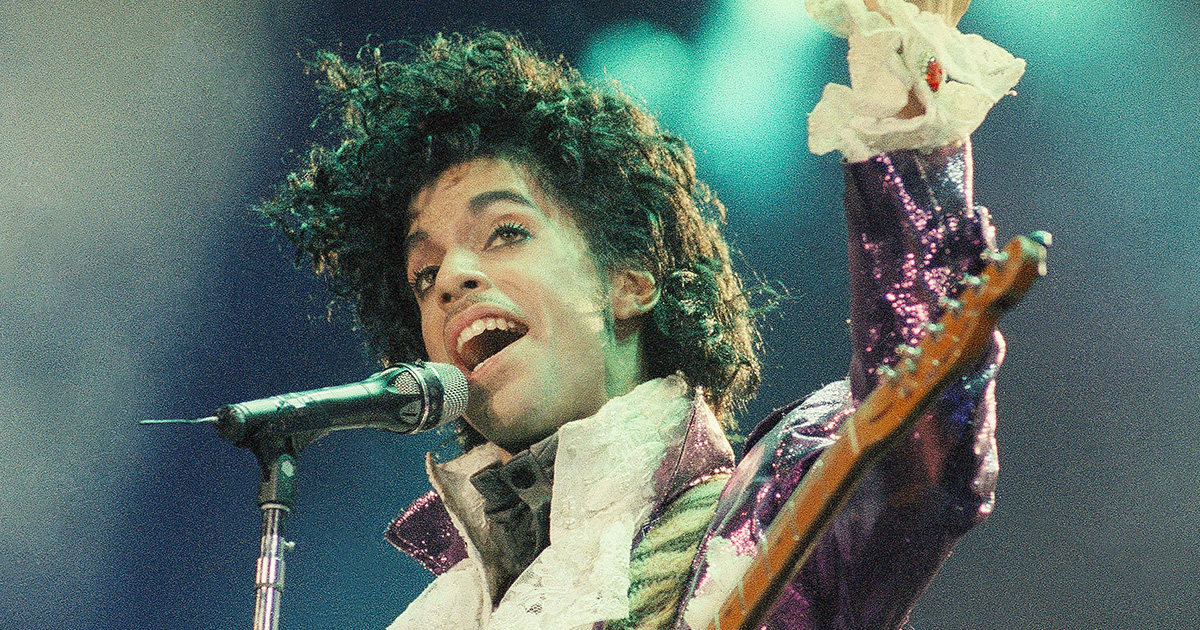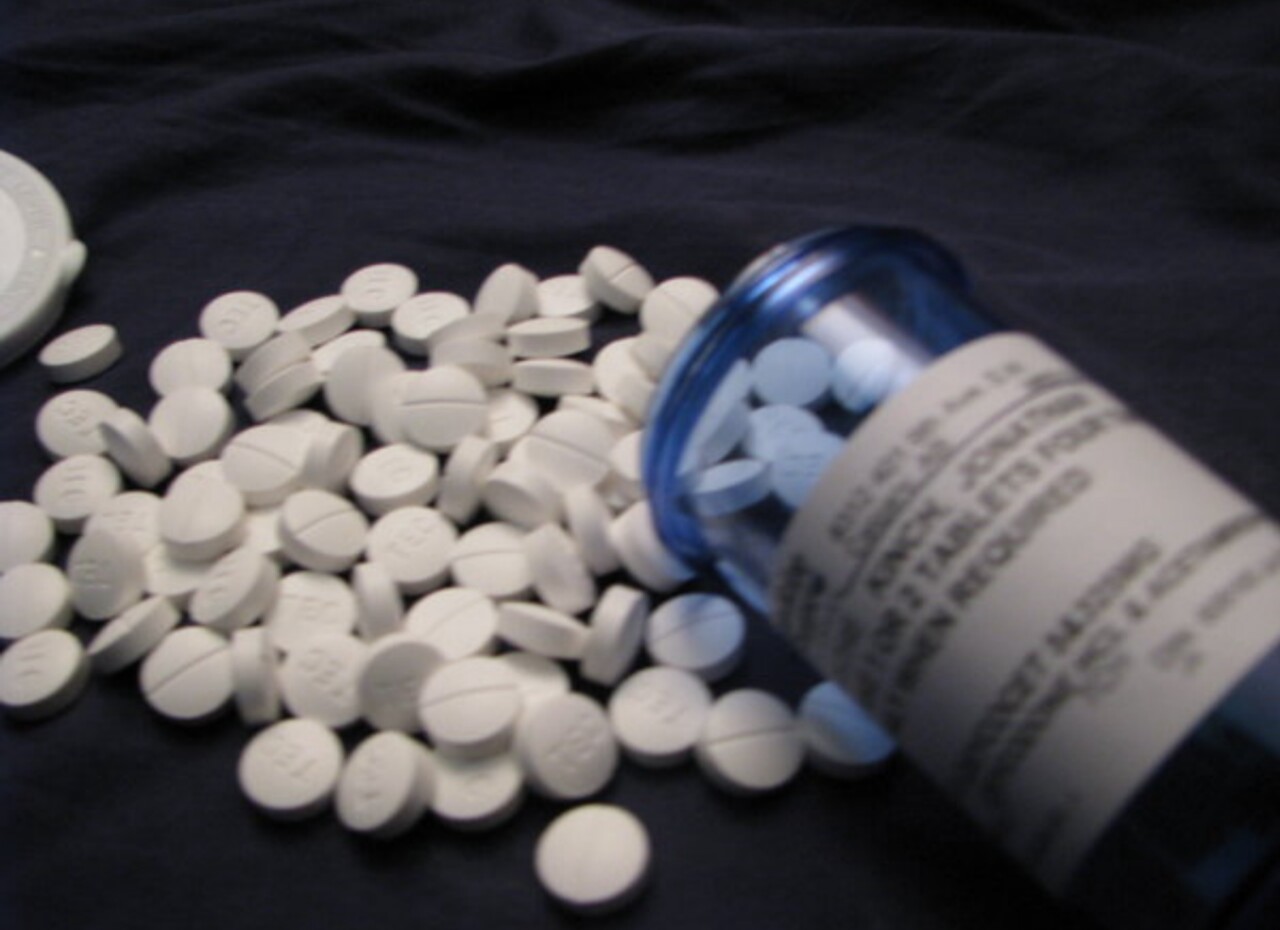Prince's Reported Painkiller Uses Call Attention to the Opioid Crisis

By:
Hours after reports of Prince's death surfaced on Thursday, questions and rumors about the cause of death arose. TMZ reported that the 57-year-old music icon was treated for a prescription painkiller overdose a week before he passed, leading some to speculate about the role of opioids in Prince's unexpected death.
The autopsy results are still pending, and likely won't be known for weeks, according to the medical examiner.
 AP/Liu Heung Shing - apimages.com
AP/Liu Heung Shing - apimages.com
A source told TMZ that Prince was prescribed Percocet, the brand name of a potent opiate known as oxycodone, after a corrective hip replacement surgery in 2010. It is unclear if the musician continued to take the medication for more than five years after the surgery, but it would not be entirely uncommon, a 2013 study from Saint Louis University Medical Center found. Despite evidence that prescription painkillers are more effective as a short-term treatment option, long-term use of the drug has led countless patients down a path of addiction.
If the autopsy results confirm that Prince died from an overdose of prescription painkillers, he would not be alone. Each year, 14,000 Americans fatally overdose on opioid-based pain medication, the Centers for Disease Control and Prevent reports. That means the overdose rate has nearly quadrupled since 1999 — a sobering statistic that speaks to the enormity of America's opioid crisis.
 Tumblr - tumblr.com
Tumblr - tumblr.com
"The problem with prescription opioids is that they actually do work for pain initially," Dr. Anna Lembke, an addiction psychiatrist at Stanford University, said at a panel on drug abuse in 2014. "But for most people, after you take them every day for let’s say a month or more, [you] build up tolerance where they stop working so then you need more of the same drug to get the same effect and it escalates on like that."
Lembke added:
"It happens in a subtle journey – when all of the sudden [patients are] using them not just for pain but also maybe to relax themselves, to lift their mood, to be able to go out to a party if they’re feeling anxious, and the doctors continue to prescribe them because they started out working, the patients were happy [and] their function improved."
As many as one in four people who are prescribed opioid painkillers for conditions other than cancer struggle with addiction, the CDC reports. In an increasing number of cases, those who become addicted to these pills turn to cheaper and more potent alternatives, namely heroin, when their prescriptions run out or the health care costs become too high. The epidemic has caused health experts to call for revised prescribing guidelines and enhanced monitoring of patients who receive painkiller prescriptions.
.jpg?auto=format&crop=faces&fit=crop&q=60&w=736&ixlib=js-1.1.0) Wikimedia - wikimedia.org
Wikimedia - wikimedia.org
Sadly, there is only so much that a doctor can do to prevent abuse of a medication that effectively treats moderate to severe pain. Imposing limitations on the dosage and length of use are certainly options that ought to be carefully considered, but there is no definitive way to determine who is at risk of painkiller addiction. The more we learn about the opioid crisis, the less confident we become about the "type" of person likely to abuse the drugs.
"Addiction to opioids in America crosses all cultural and economic barriers," Dr. Andrew Kowal, the director of the Pain Center at the Lahey Clinic, told ABC News. "You could be living in the hills of West Virginia, or an actor making $10 million on a movie."
When high-profile celebrities such as Cory Monteith or Philip Seymour Hoffman fall victim to opioids, the public response is shock. People often assume that opioid addiction is a problem exclusive to troubled teenagers or disadvantaged communities, and they're shocked when successful and beloved individuals lose battles with addiction. They shouldn't be, Kowal says:
"People start self-treating their anxiety, depression or loneliness... That's why you see a lot of the Hollywood stars with it. Even though they're popular and famous and surrounded by lots of people they're ultimately lonely."
